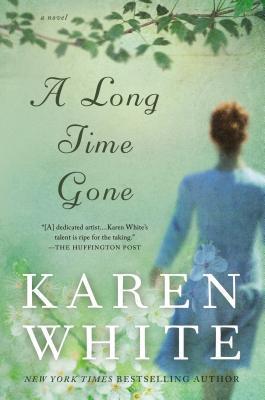
Go Set a Watchman
Book Description
In a world where the past collides with a shaky present, a daughter returns to her hometown, confronting the shadows of her father's legacy. Navigating a landscape of heart-wrenching betrayal and shattered ideals, she grapples with the painful truths hidden beneath the surface of family ties and societal expectations. As tensions rise and loyalties are tested, the bonds of love are pushed to their limits. This gripping tale lays bare the complexities of conscience and morality, challenging perception and altering destinies. Will she emerge with her ideals intact, or will the weight of reality reshape everything she believes?
Quick Book Summary
"Go Set a Watchman" serves as both a sequel and a companion to Harper Lee's "To Kill a Mockingbird." Set two decades after the events of Lee's beloved classic, the novel follows Jean Louise "Scout" Finch as she returns to her Alabama hometown, Maycomb, from New York City. Jean Louise is confronted with the evolving social climate of the South during the Civil Rights era, and most disturbingly, she discovers that her father, Atticus Finch, holds deeply prejudiced views she never imagined. As Jean Louise navigates the tension between her own morals and those of her family and community, she is forced to reevaluate the people she loves, her upbringing, and her own understanding of justice and race. This coming-of-age story for Scout as an adult highlights the complexities of familial loyalty, personal conscience, and the painful process of growing up and seeing people as they truly are.
Summary of Key Ideas
Table of Contents
Confronting Racism and Disillusionment
Jean Louise Finch, affectionately remembered as Scout, returns to Maycomb, Alabama, after living in New York City for several years. Her homecoming coincides with a period of intense social change as the Civil Rights movement reshapes the South. Jean Louise’s visit is marked by nostalgia and unease as she reconnects with family, friends, and the traditions of her youth. Her cherished memories collide with the present, challenging her perception of home and the values with which she was raised.
Family Loyalty versus Personal Conviction
Jean Louise’s relationship with her father, Atticus Finch, lies at the heart of the novel. Throughout her childhood, Atticus was her moral compass, instilling principles of justice and fairness. However, Jean Louise is shocked to discover that Atticus is now involved with groups that oppose racial integration. This revelation is a devastating blow, as it shatters her idealized image of her father and forces her to question the foundation of her beliefs and the man she once idolized.
Coming of Age and Loss of Innocence
The novel portrays Jean Louise’s internal struggle as she grapples with loyalty to family and her own evolving sense of right and wrong. Conversations with her uncle Jack and her childhood friend (and now suitor) Henry Clinton further complicate her emotions. Jean Louise’s confrontation with Atticus is emotionally fraught, revealing generational divides and the ingrained prejudices that persist even among those she loves most. The betrayal she feels is not just personal but symbolic of the larger ideological rifts splitting the South.
Legacy and Changing Social Values
Through Jean Louise’s journey, "Go Set a Watchman" explores themes of coming of age and the painful loss of innocence. The story compels Jean Louise to move past the comforts of childhood and view the world—and the people in it—with a more critical and autonomous perspective. She learns that true adulthood means accepting the ambiguity of human nature, loving people despite their flaws, and finding her own moral footing.
Identity and Self-discovery
In its conclusion, the novel does not offer easy answers but instead underscores the necessity of independent thought and the courage to dissent. Jean Louise’s realization that her conscience, not childhood heroes, must guide her decisions is central. The book ultimately suggests that growth comes from confronting uncomfortable truths and forging an identity separate from, yet informed by, one’s heritage. "Go Set a Watchman" stands as a testament to the enduring struggle to reconcile tradition with progress, familial love with personal principles, and memory with reality.
Download This Summary
Get a free PDF of this summary instantly — no email required.





